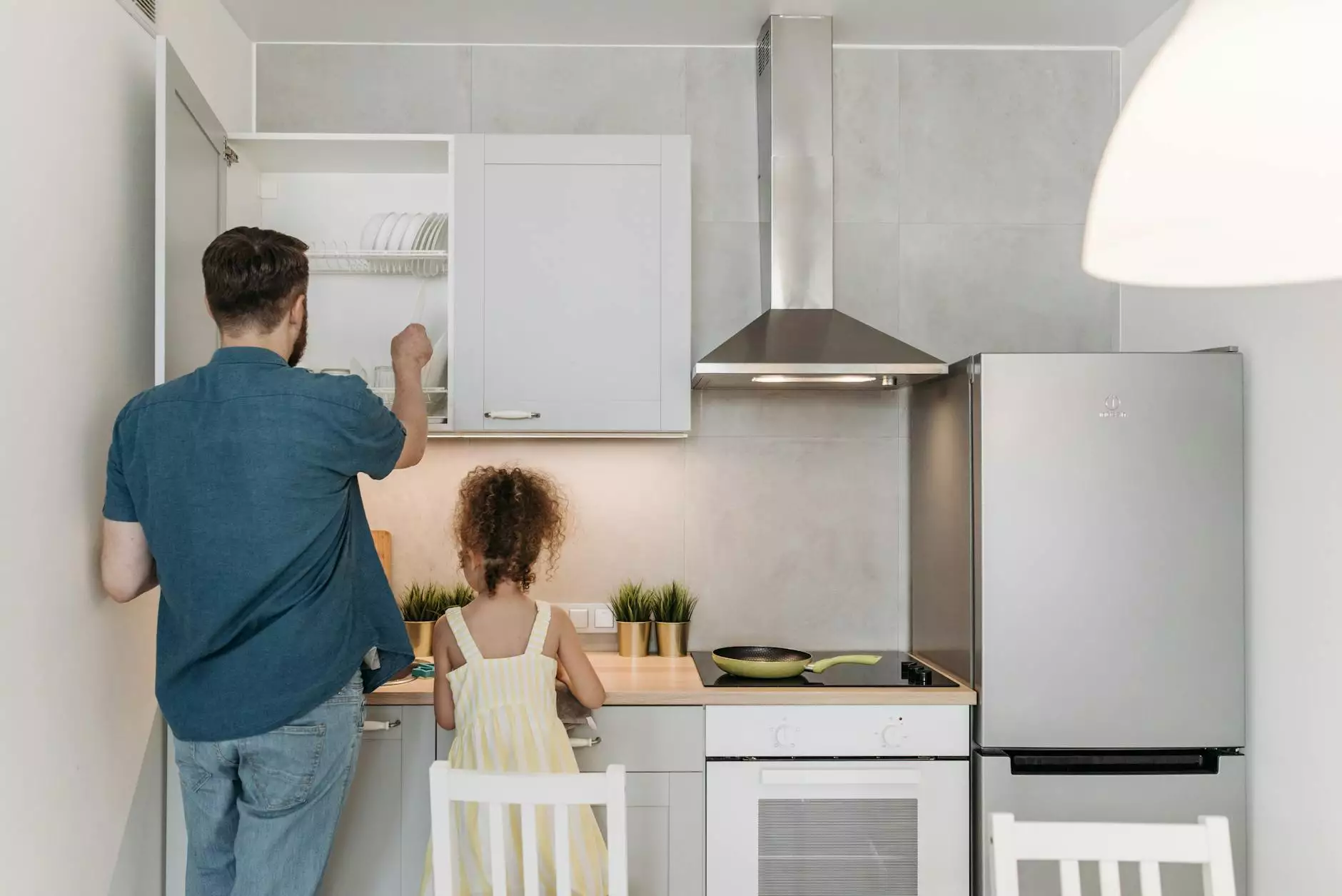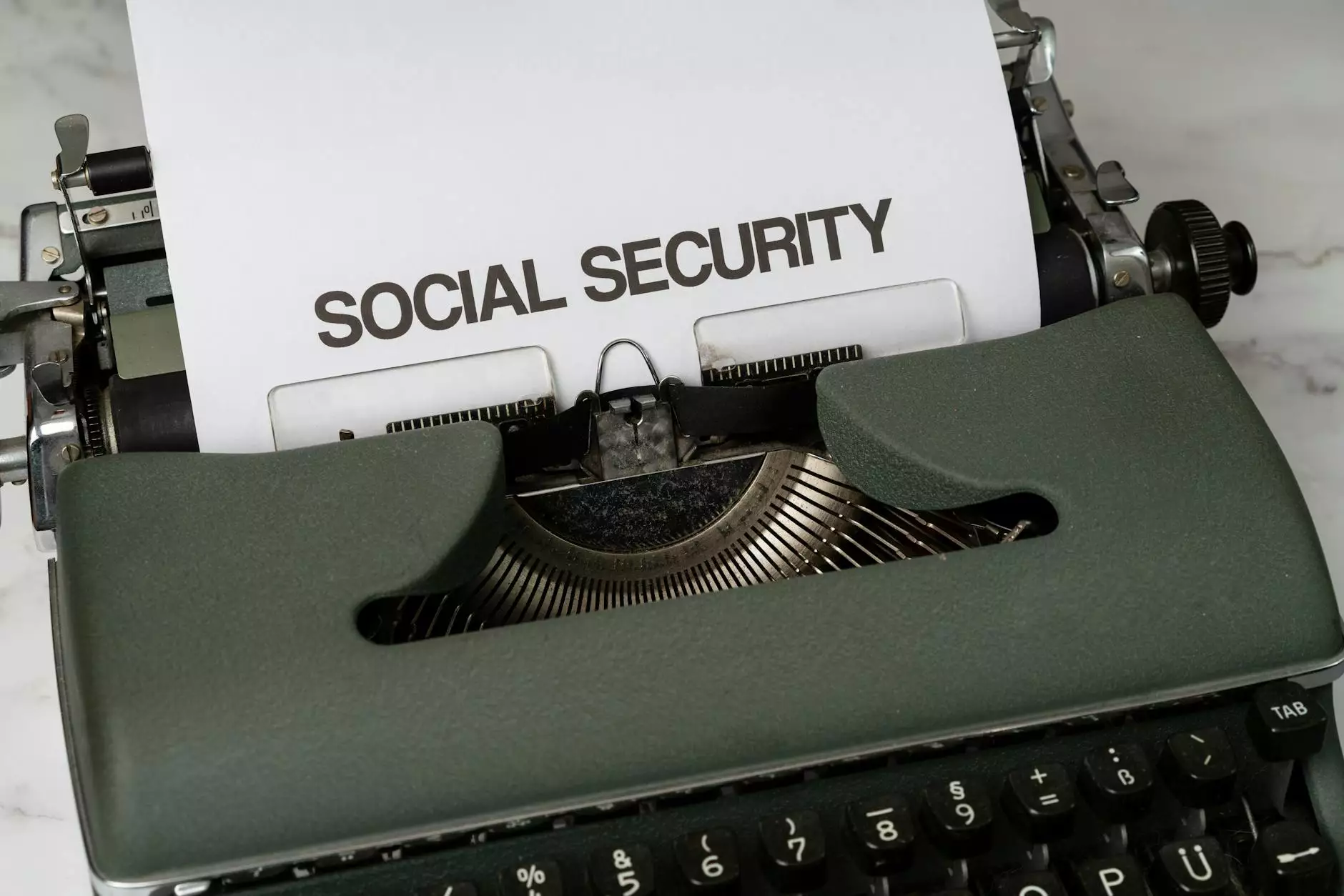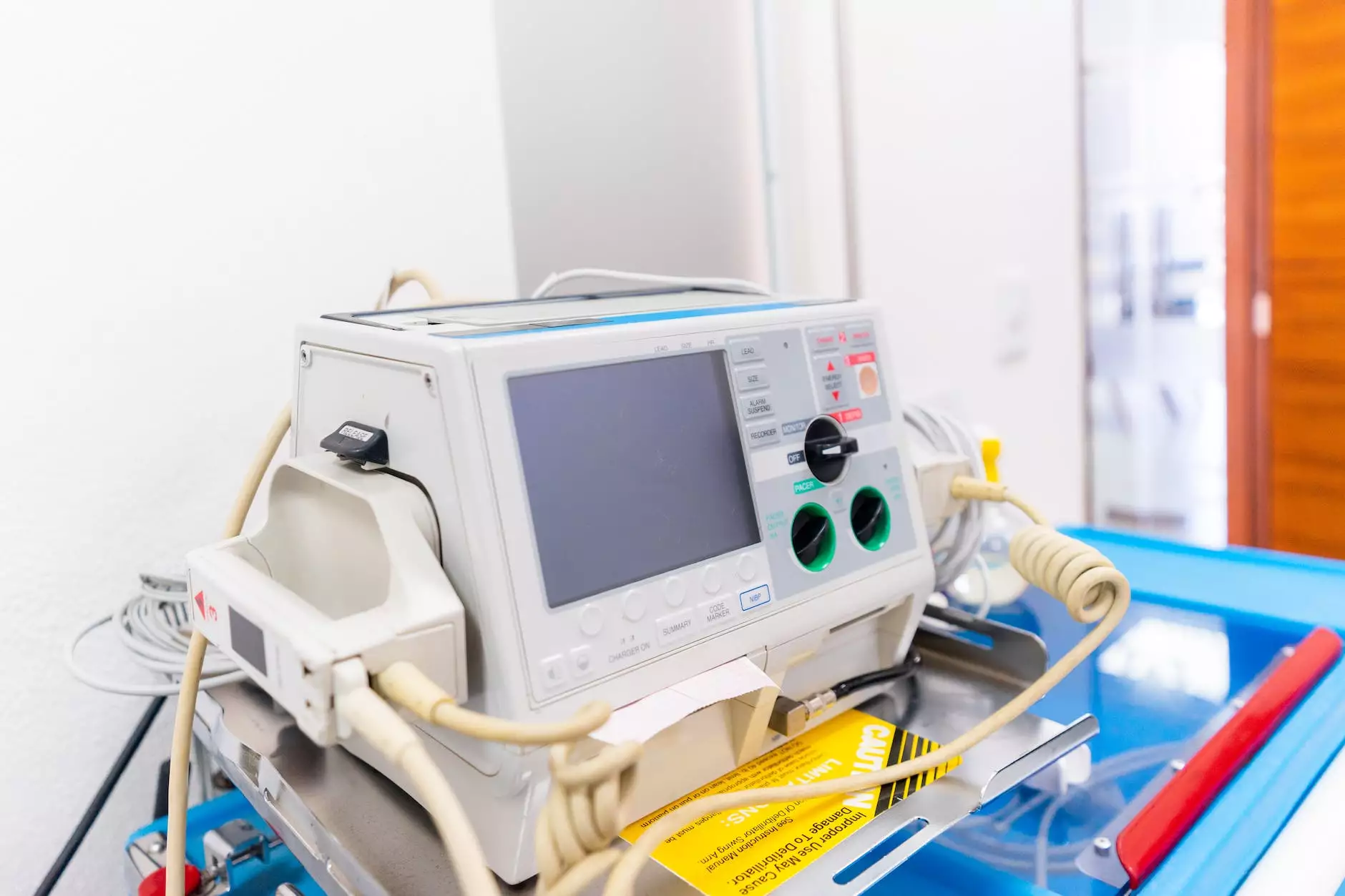Trying To Create A Safe Environment For Your Elderly Parents At Home? Here's A Guide On How To Get Started
Wellness
Welcome to Ageless Wisdom Magazine, your ultimate destination for lifestyle tips and advice. In this comprehensive guide, we will walk you through the process of creating a safe environment for your elderly parents at home. Whether they are living with you or on their own, ensuring their safety is of utmost importance.
The Importance of a Safe Environment
As our parents age, their needs and vulnerabilities change. It becomes crucial to provide them with a safe and secure living space to prevent accidents, promote their well-being, and maintain their independence. Creating a safe environment involves careful planning, considering various aspects of their physical and emotional health.
Assessments and Modifications
Start by conducting a thorough assessment of your parents' living space. Identify potential hazards such as loose rugs, slippery floors, inadequate lighting, or clutter. Make a list of modifications and adjustments needed to eliminate these risks.
1. Improving Accessibility
Adapt the living space to accommodate any mobility challenges your parents may have. Install grab bars in bathrooms, ramps for easy access to entrances, and handrails on staircases. Consider lowering countertops and providing seating options in the kitchen to reduce strain.
2. Ensuring Sufficient Lighting
Proper lighting is essential to prevent falls and accidents. Ensure every room has adequate lighting, including hallways and staircases. Install night lights in the bedroom and bathroom to prevent disorientation during nighttime visits.
3. Home Safety Equipment
Equip your parents' home with necessary safety devices such as smoke detectors, carbon monoxide alarms, and fire extinguishers. Test these regularly to ensure they are in proper working condition. Consider installing a home security system to provide added peace of mind.
Preventing Falls
Falls are a significant concern for the elderly, often leading to serious injuries. Take proactive measures to prevent falls in your parents' living space.
1. Removing Trip Hazards
Eliminate tripping hazards by securing loose carpets, removing clutter, and ensuring wires and cords are safely tucked away. Arrange furniture in a way that allows easy movement without obstacles.
2. Installing Handrails and Grab Bars
Add handrails and grab bars in crucial areas like the bathroom, where the risk of falling is higher. These assistive devices provide stability and support, reducing the chances of accidents.
3. Non-Slip Flooring
Consider replacing slippery flooring materials with non-slip options such as rubber or textured tiles. Place non-slip mats and rugs in areas where moisture can accumulate, like the bathroom or kitchen.
Emergency Preparedness
Preparing for emergencies is essential to ensure your parents' safety. Create a safety plan and communicate it effectively.
1. Create an Emergency Kit
Assemble an emergency kit including essential supplies such as medication, first aid items, non-perishable food, and water. Keep it easily accessible and regularly check the expiration dates of the items.
2. Emergency Contact Information
Make a list of important contact numbers, including family members, neighbors, doctors, and emergency services. Keep a copy near the phone and ensure your parents know where to find it.
3. Regular Communication
Stay connected with your parents and establish a regular check-in routine. This ensures their well-being and provides an opportunity to address any concerns or emergencies promptly.
Emotional Well-being
Maintaining emotional well-being is as vital as physical safety for your elderly parents. Addressing their social and emotional needs can contribute to a healthier and happier living environment.
1. Social Engagement
Encourage your parents to engage in social activities that interest them. This could be joining a local club, participating in community events, or connecting with old friends. Social interactions combat loneliness and improve overall mental health.
2. Supportive Networks
Build a strong support system for your parents by involving trusted friends, family, or neighbors. Regular visits or phone calls provide companionship and a sense of security.
3. Mental Stimulation
Engage your parents in activities that promote mental agility and keep their minds active. This could include reading, puzzles, or learning new skills. Stimulating mental activities contribute to cognitive health and prevent loneliness.
Conclusion
Creating a safe environment for your elderly parents goes beyond physical modifications. It involves a holistic approach that addresses their physical, emotional, and social needs. By following the comprehensive guide provided by Ageless Wisdom Magazine, you can ensure your parents' safety, well-being, and continued independence.
Remember, maintaining a safe environment is an ongoing process that requires regular assessments, modifications, and communication. Stay proactive and prioritize your parents' safety for a fulfilling and worry-free living experience.




